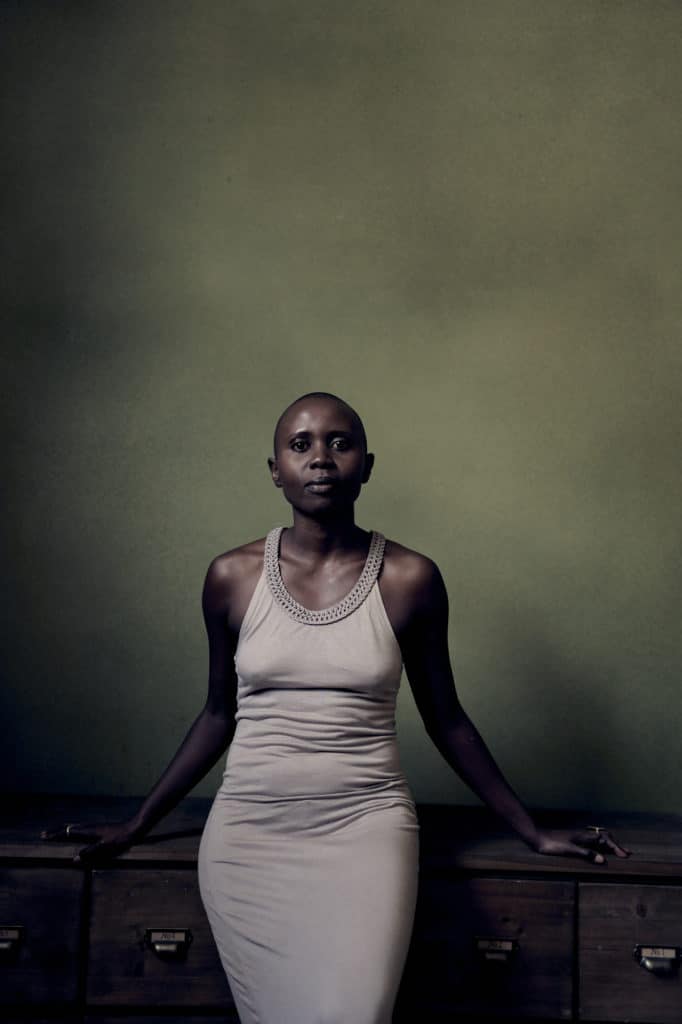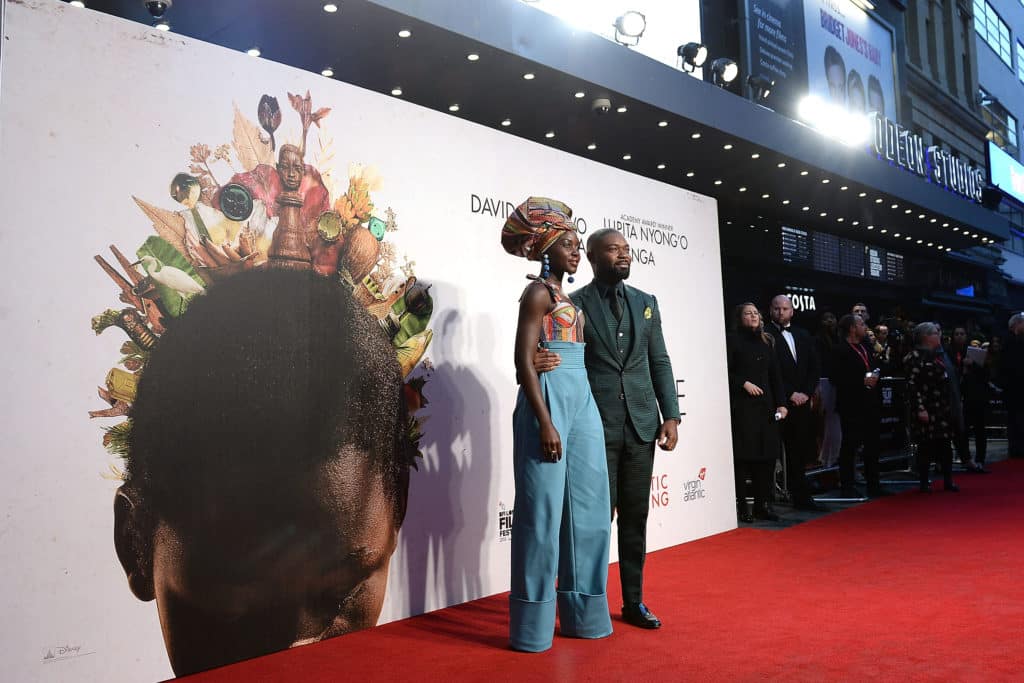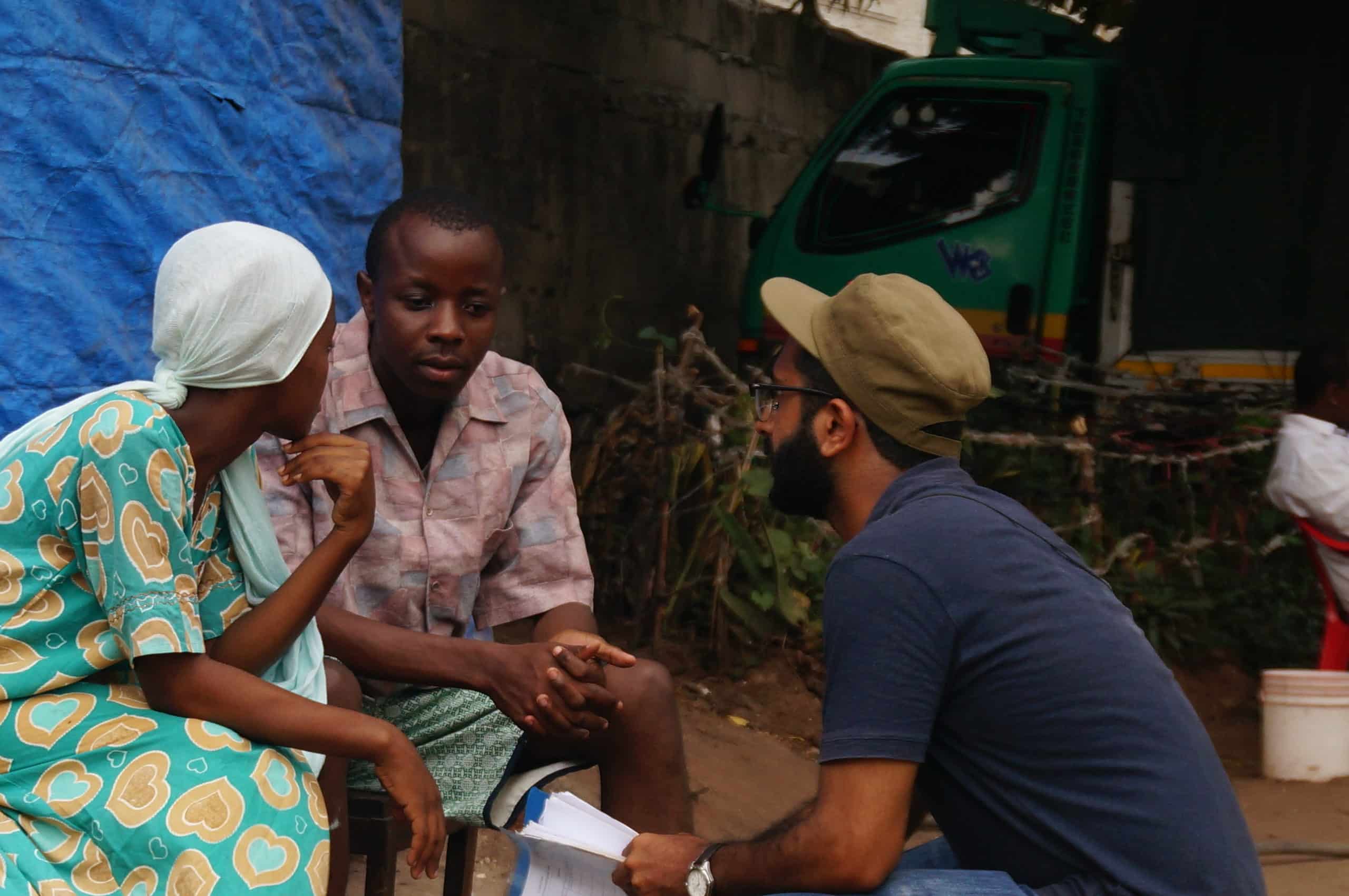It’s no secret that, along with South Africa and Nigeria, Kenya is right up there as one of the biggest producers of content in Africa’s entertainment and media landscape. As stated in the PricewaterhouseCoopers (PwC) Africa Entertainment and Media Outlook 2023-2027 report, Kenya’s entertainment industry (including cinema, OTT, TV etc) revenue grew 9.8% in 2022 and is worth over $2 billion.
“I would say the film space in Kenya has really grown. Even if you look at TV, we have a lot of different shows,” says Kenyan actor Sarah Hassan.
“Looking at what there is, is a testament to the growth of the industry… We still have a long way to go, but we are moving in the right direction.”
This is especially true with the continued reinforce- ment of local post-production facilities and expanding financing. However, the sustainability of the film industry requires the formation of local ecosystems rather than relying on external support.
According to Tanzanian filmmaker Amil Shivji, factors such as limited infrastructure, low government support at times, and limited exposure to the global film world, is what has prevented the rise of the industry in East Africa.
Loading...

“Unlike our fellows in Nigeria, South Africa or in North Africa, I think East Africa hasn’t really had an in- dustry as such. There has been a lot of volume of films; Tanzania makes close to 2,000 films a year but none of those films travel. Those films don’t cross borders. And I think we are relegated to choosing between two or three platforms for distribution,” Shivji adds.
However, as a writer, director and producer who has also lobbied for better film policies, Shivji says there are opportunities that come with not being so visible as an industry.
“The exciting thing about not having the formal struc- tures of an industry is that we get to pave our own path and redefine what an industry can look like. We can look towards Hollywood, Bollywood and Nollywood and see
the things that we like and don’t like… Make them make sense for us in Tanzania. I think that’s the advantage of not having things structured in stone yet and, for us, as Tanzanian filmmakers, to play around with and devise our own stance of an industry.”
“We have everything needed to make a good industry,” Rwandan actor Eliane Umuhire tells FORBES AFRICA. “But the only thing missing is the means, not only from the government, but also from the private sector.”
Filmmakers in East Africa are now able to live on online revenue gen- erated from their work. This is more prevalent in Rwanda, Ethiopia and Kenya, according to a 2021 UNESCO report. Furthermore, the report shows that in countries like Kenya and Rwanda, female representation has increased by 30%, both in front of the camera and behind the scenes. “In Rwanda, we are a country that has 62% of women in parliament. So, having women represented [in the film industry] has never been a question. Also, growing up and choosing to be an actress, I’ve never felt the need to fight to prove that I can be an artist as a woman because even the people who taught me, who took me under their wings to train me as an actress, were women,” adds Umuhire.
This is also evident in storytelling.
In 2016, David Oyelowo starred alongside Kenyan actor Lupita Nyong’o in the Disney drama, Queen of Katwe. The movie depicts the life of a young girl, Phiona (portrayed by Madina Nalwanga), battling the odds in Uganda until she becomes a leading chess player under the guid- ance of Robert Katende (played by Oyelowo).

Oyelowo recalls how “there was pressure from people” who attempt- ed to make his character the lead in the story. But he and director Mira Nair pushed to making Phiona the main protagonist.
“Then that story becomes universal because little girls are looking at this girl in the story become the hero and aspire to be that,” Oyelowo adds. “Hollywood is looking to Africa because they are doing prequels and sequels and everything, and we have fresh stories coming out of Af- rica.” “My dream is to see our artists live out their arts as any other person would in any other country, and seeing more of our stories on our TV screens,” Umuhire says. “Our children need that. They deserve to see their culture celebrated. They deserve to see themselves represented, so that they can dream that for themselves.”
Loading...
